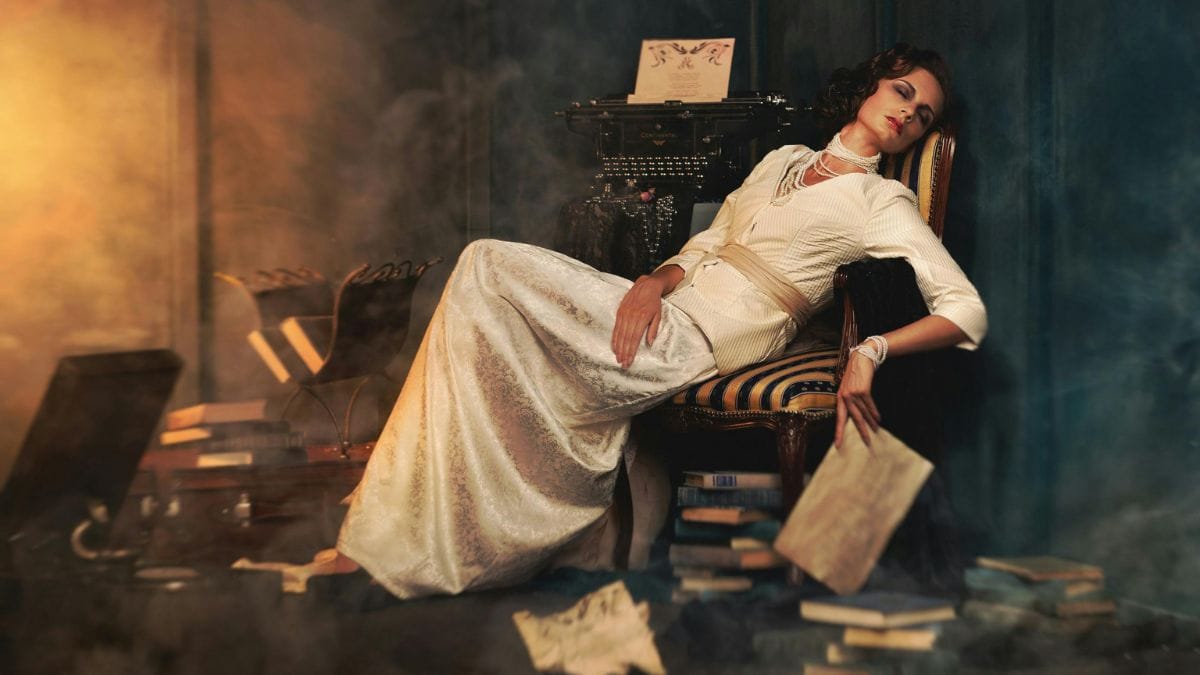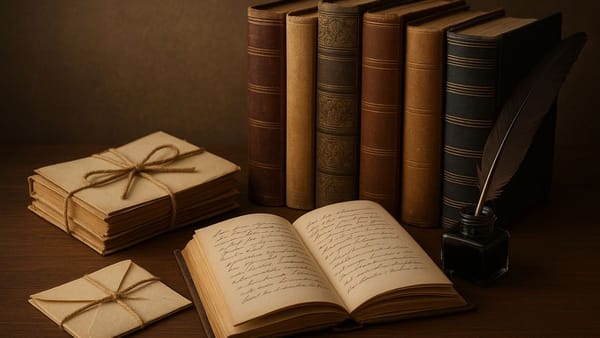Classic literature is more than just a collection of old stories; it’s a legacy of human thought, emotion, and creativity passed down through the centuries. These works continue to resonate because they explore universal themes like love, morality, ambition, and resilience in ways that feel strikingly modern despite their historical contexts. Reading classics isn’t about tackling daunting “required" reading lists but about discovering profound insights that make us reflect on our own lives and the world around us. This curated list of must-read classic novels takes you from the 17th century to the modern era, providing a pathway into timeless literature and a deeper appreciation of humanity’s shared experiences.
The Best Classic Books That Everyone Should Read
From epic adventures to thought-provoking social critiques, these books offer something for everyone. Whether you’re looking to explore the roots of English literature, the philosophical depth of Gothic novels, or the glamour of the Jazz Age, these works are as enjoyable as they are profound. Below, discover the top 10 classic books to read before you die, presented chronologically for an insightful journey through literary history.
1. Hamlet by William Shakespeare (1623)
Although technically a play, Hamlet is one of the most profound pieces of literature ever written. Through the tragic story of Prince Hamlet, who is tormented by his father’s murder and his quest for revenge, Shakespeare delves deep into the complexities of human nature. Themes of morality, indecision, and existential despair come alive through the masterful dialogue and unforgettable soliloquies. Whether you’re drawn to its gripping drama or its philosophical depth, Hamlet remains an essential read for understanding the heights of literary artistry.
2. Robinson Crusoe by Daniel Defoe (1719)
Considered the first English novel, Robinson Crusoe tells the remarkable story of a shipwrecked sailor stranded on a deserted island. Defoe takes readers on a journey of survival, ingenuity, and self-discovery, as Crusoe learns to adapt and thrive in isolation. This narrative is more than an adventure; it’s a meditation on human resilience, self-reliance, and the drive to find meaning in even the most challenging circumstances. Its legacy as a cornerstone of English literature makes it a must-read for anyone exploring the top 10 must-read classics.
3. Pride and Prejudice by Jane Austen (1813)
With its biting social commentary and enduring wit, Pride and Prejudice remains a favorite for readers centuries after its publication. Jane Austen presents Elizabeth Bennet, one of literature’s most beloved heroines, as she navigates societal expectations, family pressures, and her evolving feelings for the enigmatic Mr. Darcy. We’ve already discussed this timeless masterpiece in our list of the best fiction works ever written, where its nuanced critique of class and gender roles solidifies its place among the finest novels of all time. Austen’s exploration of love, pride, and self-awareness ensures that this book will continue to captivate readers of all generations.
4. Frankenstein by Mary Shelley (1818)
Mary Shelley’s Frankenstein is a chilling tale of ambition, ethics, and the dangers of unchecked scientific exploration. The story of Victor Frankenstein and his tragic creation raises questions about humanity, responsibility, and the limits of knowledge. Often considered the first science fiction novel, Shelley’s masterpiece is both a Gothic horror and a profound philosophical inquiry into what it means to create life. Its relevance in today’s world of technological advancement makes it one of the must-read classic books of all time.
5. Great Expectations by Charles Dickens (1861)
Charles Dickens crafts a deeply moving narrative in Great Expectations, following the life of Pip, an orphan who dreams of rising above his humble beginnings. Along the way, Pip encounters unforgettable characters like the bitter Miss Havisham and the mysterious Magwitch. Through Pip’s journey, Dickens explores themes of ambition, social class, and the true meaning of loyalty and love. This novel is both a page-turning story and a thoughtful critique of Victorian society, making it an essential work for any lover of classic books that everyone should read.
6. The Age of Innocence by Edith Wharton (1920)
In this Pulitzer Prize-winning novel, Edith Wharton paints a vivid portrait of New York’s upper-class society in the 1870s. The story follows Newland Archer, a man torn between duty and desire as he struggles with his feelings for the unconventional Countess Olenska. Wharton’s exploration of societal expectations, personal freedom, and the constraints of tradition makes The Age of Innocence both a heartbreaking love story and a sharp critique of social norms. Its rich emotional depth ensures its place as one of the great American novels.
7. The Great Gatsby by F. Scott Fitzgerald (1925)
Set against the glitz and glamour of the Roaring Twenties, The Great Gatsby unravels the illusions of the American Dream through the tragic story of Jay Gatsby and his unrequited love for Daisy Buchanan. Fitzgerald’s lyrical prose and sharp social commentary bring to life a world of excess and emptiness. With themes of ambition, love, and the passage of time, this novel continues to captivate readers as one of the top 10 classic must-read books of all time.
8. The Hobbit by J.R.R. Tolkien (1937)
Tolkien’s The Hobbit is an enchanting tale of adventure, friendship, and self-discovery. Bilbo Baggins’ unexpected journey from the comfort of his Shire home to a world of dragons, treasure, and danger is both thrilling and deeply meaningful. Beyond its imaginative world-building, the story highlights universal themes of courage and growth. As a prelude to The Lord of the Rings, this book is a cornerstone of modern fantasy literature and a joy for readers of all ages.
9. Nineteen Eighty-Four by George Orwell (1949)
Orwell’s dystopian masterpiece, Nineteen Eighty-Four, presents a harrowing vision of a totalitarian future dominated by surveillance, propaganda, and thought control. The chilling tale of Winston Smith’s rebellion against Big Brother is not just a story—it’s a powerful warning about the fragility of freedom and individuality. Its themes remain eerily relevant in today’s world of data surveillance and political manipulation, making it a must-read for understanding the dangers of unchecked power.
10. To Kill a Mockingbird by Harper Lee (1960)
Set in the racially segregated South, Harper Lee’s To Kill a Mockingbird is a profound exploration of justice, morality, and empathy. Through the eyes of Scout Finch, readers experience the quiet heroism of Atticus Finch as he defends a wrongfully accused man in a deeply prejudiced society. This Pulitzer Prize-winning novel is both a heartfelt coming-of-age story and a powerful commentary on social justice, making it an essential read for anyone seeking literature that speaks to the heart and soul.
Final Thoughts
Classic literature isn’t just about the past—it’s about timeless truths that resonate with the present. These books capture universal themes, offering profound insights into human nature while taking us on unforgettable journeys. Whether you’re building a list of classic books to read before you die or exploring timeless classics worth reading, these ten masterpieces are a perfect place to start.
Reading classics isn’t about checking off a list; it’s about connecting with stories that challenge, inspire, and transform us. So pick a book, immerse yourself in its world, and discover the timeless power of great literature—one word, one page, one unforgettable story at a time.
📚 Thanks for reading. We hope this list helped you discover something new — or rediscover something old. There’s a lot more where that came from — essays, deep dives, and more timeless books to discover. If you'd like to keep exploring, feel free to:

















